Why Are Backlinks Important?
Backlinks, simply put, are hyperlinks from one website to another. When your blog gets a backlink, it’s like receiving a nod of credibility from another site.
Backlinks play a crucial role for two primary reasons.
- They drive traffic to your site from other platforms.
- They boost your site’s reputation.
More backlinks indicate that your content is valuable and credible.
Search engines use backlinks as signals to help determine the ranking of your website.
Numerous backlinks from reputable sites tell search engines that your content is worthwhile.
This can improve your ranking, making your content more discoverable.
Should You Build Backlinks?
Now that you know the power of backlinks, you might feel tempted to speed up the process and start building these links yourself by asking other websites to link to yours.
As a matter of fact, some SEO guides can advise you to do this too.
But let’s slow down a bit.
Google frowns upon any attempts to manipulate the search results. Building links is one such activity.
According to Google’s guidelines on link schemes (you can read more about it here), artificially creating links to your site is a big no-no.
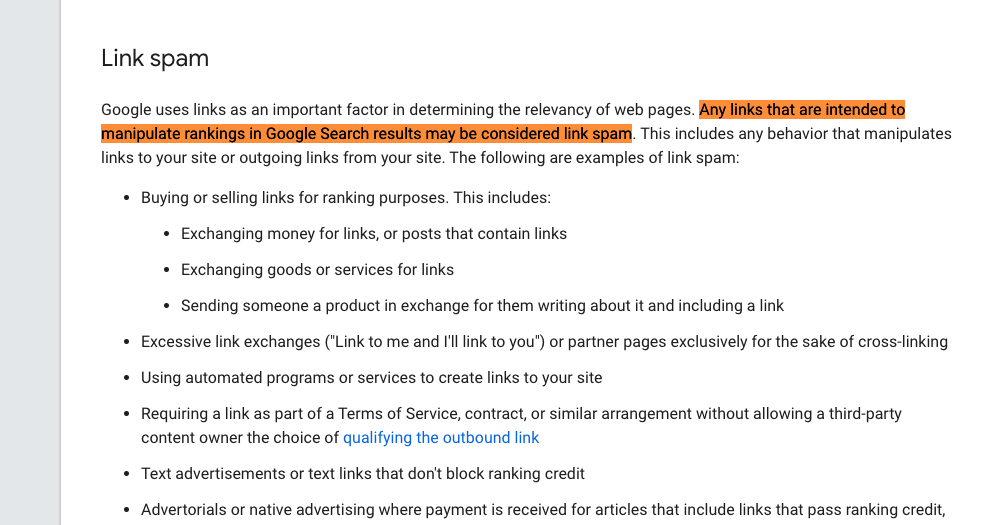
But why?
Well, it all comes down to credibility and authenticity.
Artificially building backlinks is like paying for social media followers – it might look impressive at first glance. But upon closer inspection, it lacks engagement.
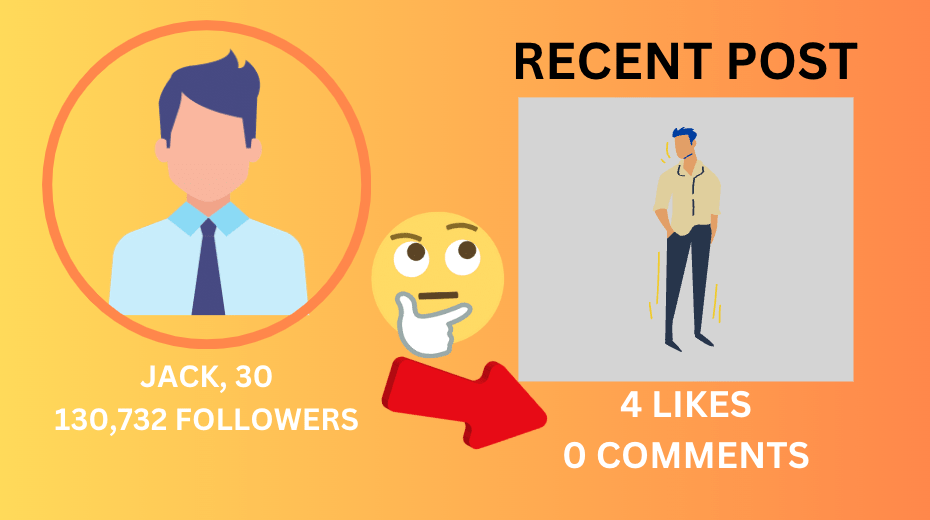
Google values organic backlinks because they’re a genuine indication of valuable content.
They show that other website owners value your content enough to share it with their own audiences.
Getting caught in building backlinks can lead to penalties, including a significant drop in your site’s ranking or even removal from Google’s search results altogether.
Instead of building links, focus on creating epic content that naturally draws people in.
Content that’s so good, that readers will want to share it on their blogs and social media platforms. That’s how you win the organic backlink game, making both your audience and Google happy.
As the saying goes, “Content is king”, and it couldn’t be truer when it comes to winning the backlink game.
Avoid Publishing “Sponsored Posts”
Now that you understand what is a backlink, let’s consider one of the most common SEO frauds on the internet.
Have you received an email like this from a “Sponsor”?

On the surface, this email looks like an honest content collaboration. But in reality, it’s part of a link-building scheme.
The goal is to get a link from your site to the sponsor’s site to boost their authority and chances of ranking higher.
The problem is that doing this is both against Google policies and illegal (if undisclosed like they always ask).
Google is smarter than you think.
If you believe they can’t discover if you’ve accepted those sponsored posts, well, you’re in for a surprise.
Google’s algorithms can easily identify sites with an unnatural link profile. Just like we humans can easily identify a fake social media profile.
Google can just check if your site links to one of these unnaturally built sites. That’s pretty much all they need to determine that you’ve taken part in these activities.
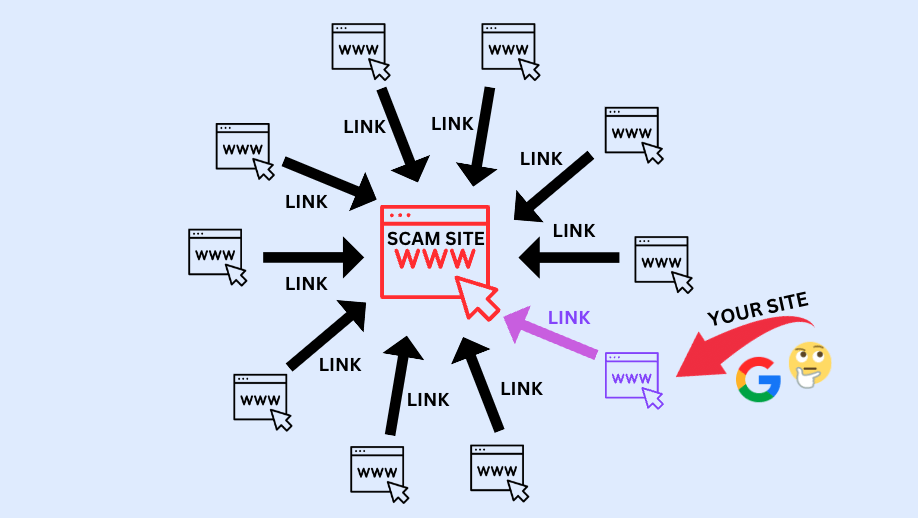
If caught, expect a significant drop in your site’s ranking or even a complete removal from Google’s search results.
And believe me, no amount of quick cash is worth that sort of long-term damage.
If you decide to accept sponsored content on your blog, be smart about it.
Ensure all backlinks are tagged as “no-follow” and “sponsored”.
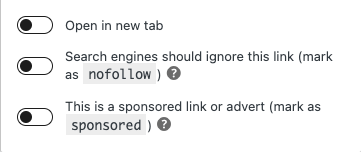
Also, be transparent with your readers and add a sponsored content disclaimer at the beginning of the post.
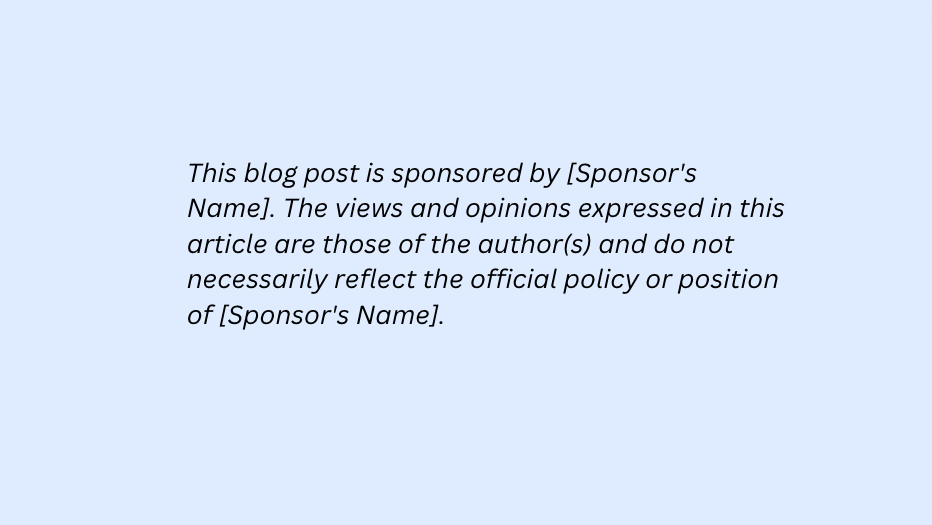
This way, you maintain your integrity and keep Google’s rules on your side.
Check out this comprehensive guide here for more information.
Wrapping Up
Backlinks are like digital nods of approval that boost your website’s reputation and visibility in search results.
But let those backlinks come naturally. Google doesn’t want you to build them!
Thanks for reading. Happy blogging!
